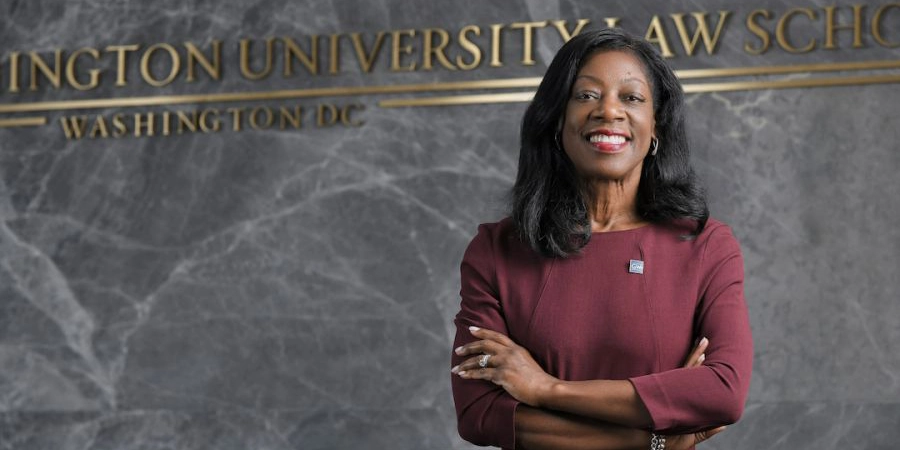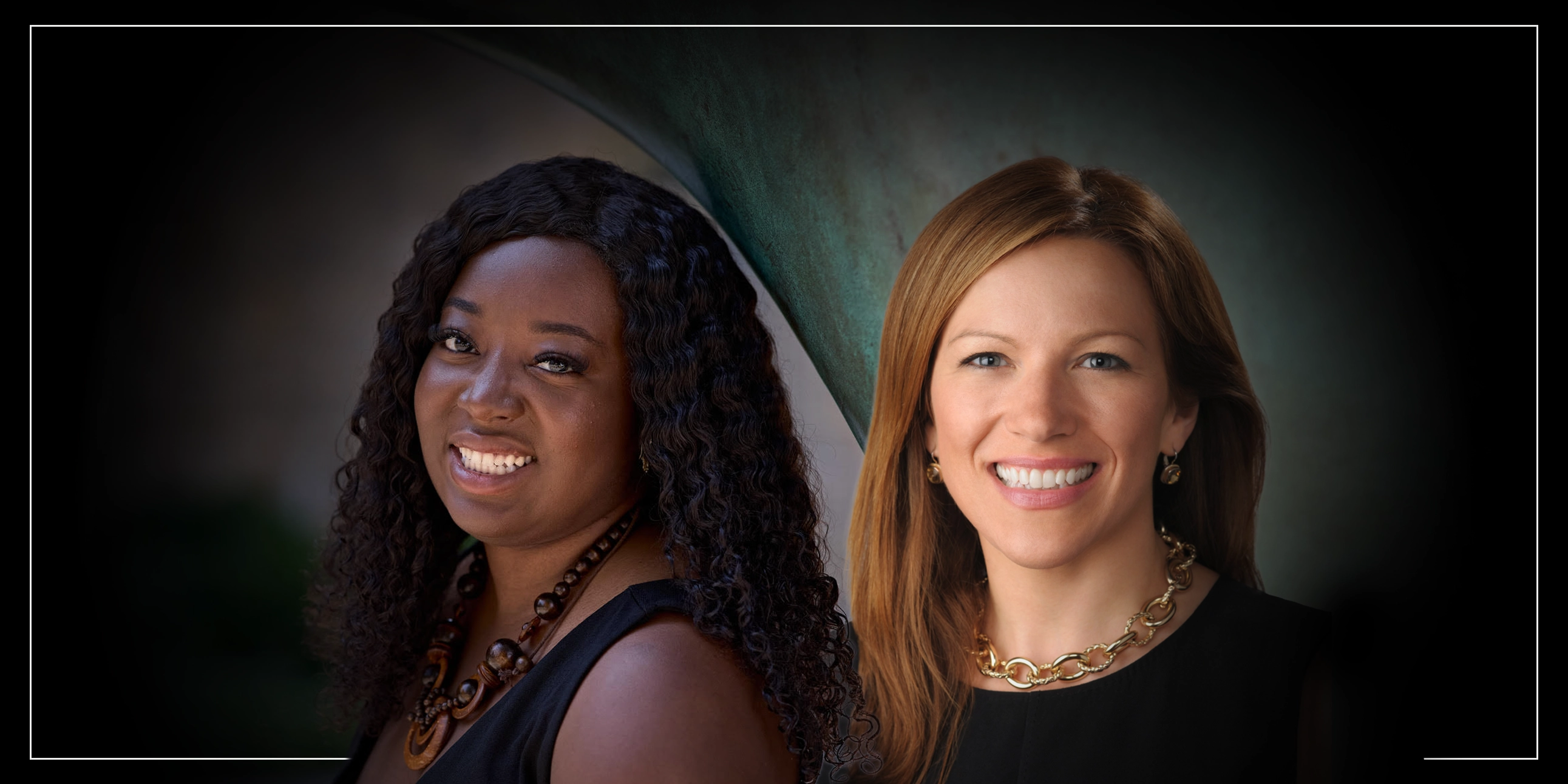*Note: Our availability for new J.D. admissions clients will reopen on Tuesday, January 6.
X
In this short episode of Status Check with Spivey, Mike talks about applicants' (deeply understandable) tendency to catastrophize in law school admissions.
You can listen and subscribe to Status Check with Spivey on Apple Podcasts, Spotify, Audible, Stitcher, YouTube, SoundCloud, and Google Podcasts.
Welcome to Status Check with Spivey, where we talk about life, law school, law school admissions, a little bit of everything. Today, entirely unscripted—I actually literally just walked into my office from a run. I saw on my drive back that someone had posted on Reddit—and this is not me picking on this person; I have a lot of sympathy for them, because I've been there, and I have 23 years’ experience reading and listening to concerns like this.
The post was, “Did I completely mess up my chance of admissions?” and the Reddit poster's concern was that they submitted 11 apps last night, they submitted the incorrect version of their resume that had two errors, one being the starting year of employment, the other was a reverse chronological order issue. Here's the thing, and I'm trying to be both transparent, sincere, share the admissions perspective with everyone: When the stakes seem high, which they do for you all now, every little minor thing can play out in your mind in the worst kind of way. It's called catastrophizing.
I learned that word from Dr. Guy Winch, a famous TED Talk psychologist on mental health and wellbeing. Listen to his TED Talks; he'll do it much better than I'm doing it right now; they have over 25 million views. But I've seen it in 23 years of law school admissions and law school administration. I've seen it with law school Deans who are applying to college presidencies. They'll send an email, and three days go by, and they won't hear an email back from the Board of Regents or Board of Trust from the school, and they'll be freaking out. This calm leader, these calm, cool, and collected people, why all of a sudden are they panicking? Because the stakes seem high to them. They really want to be a college president. I've seen it in my own life, 100%. I'm 50 now and I’ve put a lot of work into myself, and even today at times, you know, if I really covet something—a book deal, for example—and it looks like things might not go through, I start catastrophizing.
Every application is going to have some blemish in it. To begin with, let's talk about the written application. When I was in admissions, reading files, reading 6,000 a year—I don't know, I can't even remember now, but I've read over 60,000 in my career—98 to 99% of them had some errors in them. The 1% that were flawless kind of did stand out, but of the 98% that had errors, in almost every case, we did not hold that against someone. Who are we in admissions to say that what we do is perfect? And everyone's on their phones these days, half the time I'm typing on Reddit, there are things I look at it five minutes later and I'm like, “Oh my goodness, why am I typing something while I'm driving?” People understand; people have been there. Minor typos—honestly, they're not even on the admissions committee's radar. Minor mistakes, minor word choices.
What you want to do in admissions is you want to have strong numbers. So like I've said many, many times, if you're going to invest in anything, invest in LSAT prep. And then you want to differentiate, which is what I try to help—my firm tries to help people with. But what you also want is be ebullient and upbeat. People love and are drawn towards ebullient, upbeat people. So if you submit an application with 7 errors in it, and you show up and visit the law school and you're a positive, outgoing, effervescent, eager about the school person who's done their homework, shows up on time, they're going to weigh so much more heavily your positive attitude. Which I'm sure the poster of this original content I was talking about has. That person is going to be—if they're not right on the fence, that person is going to be admitted whether they have two chronological errors in their resume or 7 typos in their resume. If they're right on the fence, a law school's going to take a differentiated applicant, ideally with good scores, who's upbeat, professional, and positive.
I wish I could respond—I wish I had more time to respond to all my Reddit messages about C&F. We have an entire C&F podcast with five people from our team I believe, over something like a hundred years admissions experience. We could count between the five of us on one hand the amount of time character and fitness issues actually in and of themselves kept someone out of law school. Almost entirely involving academic fraud and then lying about it. I have seen people with felonies go to law school. I had a client with seven drug convictions go to law school, go to a top six law school. Seven. They were in his past, it was behind him. He was open about it. He had completely changed his life.
You can completely get admitted with character and fitness blemishes, with emails that you send that have typos in them, with applications with a few mistakes. Of course, you'd rather not, and you're going to sleep better if you don't. But in the calmest, most sincere way I can possibly deliver this message, the reason why it seems like you’ve ruined your chances of admission for all the thousands of these posts I've read, is because the stakes seem so high to you that you're not putting yourself in the Dean of Admission or the admission committee’s head, who are saying, “Oh my God, this one only has three typos?” Because that person, they may have just sent their boss an email with a typo or two typos or three typos. We should almost ask Anna Hicks-Jaco, who sends me near-flawless emails, if she's ever freaked out knowing me for 10 years and being at our firm for 10 years, if she's ever emailed me with a few typos, if it bothers her 1%. Because I don't think it does, because she knows as an adult, I make those mistakes all the time. It doesn't impact our working relationship, nor would it ever impact your relationship with a law school if you sent them an email with a typo.
Minor things—no matter how important they are to you, minor things are still minor. This is Mike Spivey with Spivey Consulting Group.


In this episode of Status Check with Spivey, Anna Hicks-Jaco has a conversation with two of Spivey’s newest consultants—Sam Parker, former Harvard Law Associate Director of Admissions, and Julia Truemper, former Vanderbilt Law Associate Director of Admissions—all about the law school admissions advice that admissions officers won’t give you, discussing insider secrets and debunking myths and common applicant misconceptions.
Over this hour-and-twenty-minute-long episode, three former law school admissions officers talk about the inner workings of law schools’ application review processes (31:50), the true nature of “admissions committees” (33:50), cutoff LSAT scores (23:03, 46:13), what is really meant (and what isn’t) by terms such as “holistic review” (42:50) and “rolling admissions” (32:10), tips for interviews (1:03:16), waitlist advice (1:15:28), what (not) to read into schools’ marketing emails (10:04), which instructions to follow if you get different guidance from a law school’s website vs. an admissions officer vs. on their application instructions on LSAC (14:29), things not to post on Reddit (1:12:07), and much more.
Two other episodes are mentioned in this podcast:
You can listen and subscribe to Status Check with Spivey on Apple Podcasts, Spotify, and YouTube. You can read a full transcript of this episode with timestamps below.


In this episode of Status Check with Spivey, Mike has a conversation with Dayna Bowen Matthew, Dean of the George Washington University Law School, where she has led the law school since 2020. Prior to her time at GW, she was a Professor of Law at the University of Virginia School of Law, the University of Colorado Law School, and the University of Kentucky College of Law, and she has served as a Senior Advisor to the Office of Civil Rights of the Environmental Protection Agency (EPA). She is a graduate of Harvard University (AB), the University of Virginia School of Law (JD), and the University of Colorado (PhD).
Mike and Dean Matthew discuss the increase in law school applicants this cycle (7:42 and 18:11), advice for applying during a competitive cycle (12:16), how the large firm hiring process in law school has changed into something that "bears no resemblance" to how it worked for decades (5:11), how the public interest and government hiring process has changed as well (6:27), how AI could impact legal employment in the future (24:10), why she chose the law school where she attended (2:33), what she would do differently if she were applying today (3:36), how to assess law schools' varying "personalities" (13:22), the fungibility of a JD (16:45), advice for law students (18:53), and what it's like being a law school dean in 2025 (28:53).
You can read more about Dean Matthew here.
We discussed two additional podcast interviews in this episode:
Note: Due to an unexpected technical issue during recording, Mike's audio quality decreases from 7:35 onward. Apologies for any difficulties this may cause, and please note that we have a full transcript of the episode below.
You can listen and subscribe to Status Check with Spivey on Apple Podcasts, Spotify, and YouTube. You can read a full transcript with timestamps below.
Correction: Dean Matthew's family reminded her that she actually applied to three law schools rather than two, including Harvard Law, where she received a denial.
As Emmy-winning news anchor Elizabeth Vargas stated in one of our recent episodes, "There is nobody out there who is at the top of their field, in any field, who has not been told 'no.'"


In this episode of Status Check with Spivey, Spivey consultant and former admissions dean Nikki Laubenstein discusses the financial aid and student loan considerations that prospective law students should be thinking about post-“Big Beautiful Bill,” joined by Sydney Montgomery, who is the Executive Director & Founder of Barrier Breakers, and Kristin Shea, who has led the law school financial aid office at Syracuse University for almost a decade as a part of a 20-year career in legal education.
Nikki, Sydney, and Kristen talk about the changes to student loans and student loan caps resulting from the One Big Beautiful Bill Act (9:53), the changes to repayment plans (36:08), who those changes apply to (5:31), the differences between undergraduate financial aid/scholarships and law school financial aid/scholarships (21:02), understanding tuition vs. total cost of attendance and how that relates to scholarship reconsideration and student loan caps (24:27), possible ways schools could help fill the gap especially for students targeting public interest jobs (38:31), advice for those planning to work while in law school (41:10), why prospective law students should start thinking about financial aid earlier on in the admissions process than most do (30:57), and more.
Barrier Breakers is a nonprofit that has worked with 7,000+ first-generation and other marginalized students on the college and law school application process. Sydney Montgomery, the daughter of a Jamaican immigrant mother and military parents, was the first person from her high school to go to Princeton University and then later Harvard Law School. She has dedicated her life and career to supporting first-generation students and has a particular passion for financial aid. She is a member of the Forbes Nonprofit Council and has been featured in Inc., Forbes, FastCompany, Medium, CNBC, and others.
Kristin Shea is a higher education professional with twenty years of experience, including law school enrollment management, recruitment, and financial aid; alumni, donor, and employer relations; and marketing and communications. The last decade of her career has been dedicated to financial aid, and she is passionate about helping law students make smart, thoughtful financial plans for their education. She holds a bachelor's degree in biology and psychology and an MBA from Le Moyne College.
We hope to do a follow-up episode in the spring with more information on how law schools are addressing these changes. We also encourage you to reach out to the financial aid offices of schools you're considering once admitted to learn about any programs they may offer and any assistance they can provide. As Kristin says in this episode, "The map may have some alternative directions, but you can still reach your destination, and there are many people who want to help." We have also linked a number of financial aid resources below.
Federal Student Aid:
AccessLex Institute Resources:
Free Credit Report:
Annual Credit Report.com - Home Page
Equal Justice Works – LRAP FAQ
Important Questions to Ask About Any LRAP - Equal Justice Works
You can listen and subscribe to Status Check with Spivey on Apple Podcasts, Spotify, and YouTube. You can read a full transcript with timestamps below.